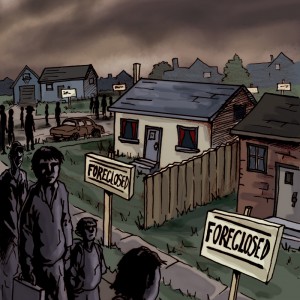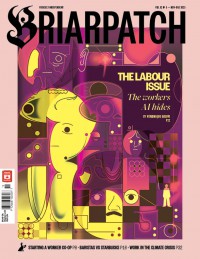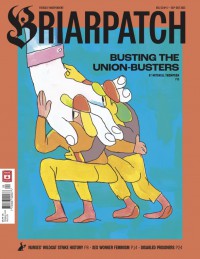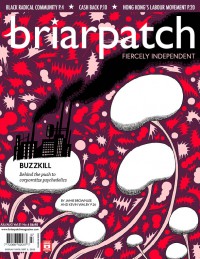-
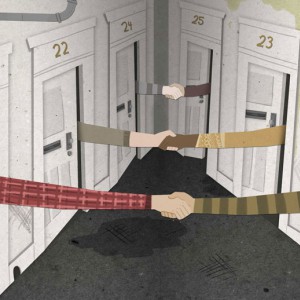 Magazine
MagazineEvicting the landlord
Through strategic organizing, tenants can win increased legal protections from eviction, funding for new social housing, and, eventually, the full control of their own homes. In concert with other movements, these efforts can help build the organizing skills and collective power that are necessary to challenge a political and economic system that privileges property and those who own it above all else.
-
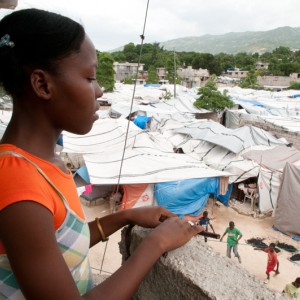 Magazine
MagazineRed light on the Red Cross in Haiti?
More than two years after the devastating earthquake that struck Haiti, there’s little to show for the $200 million in donations pledged to the Canadian Red Cross for reconstruction efforts. After historic outpourings of support, why has there been so little progress on the ground in Haiti?
-
 Magazine
MagazineAttawapiskat, revisited
Our northern communities are rich because they know their languages. They are rich because they have strong connections to their land. They are rich because at least some of their lands exist in a natural state.
-
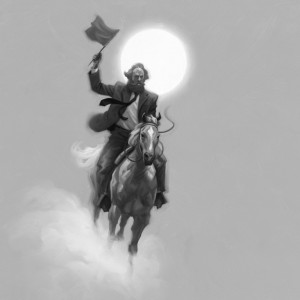 Magazine
MagazineLetter from the editor
With the country’s largest reserves of oil, natural gas, uranium, and potash, much of which is found on Indigenous land, the Prairies will continue to be at the front lines of capitalist expansion for years to come, and are poised to become a hub of resistance. It’s time for us to imagine the West as a different kind of “land of opportunity.”
-
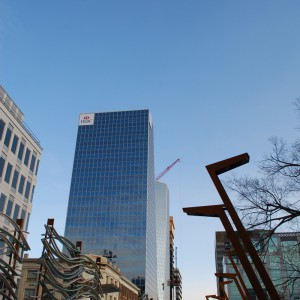 Magazine
MagazineRegina’s boom hits close to home
This is the new Saskatchewan, a province of economic growth and prosperity, a place of “amazing opportunities” according to the province’s Enterprise Minister Jeremy Harrison.
-
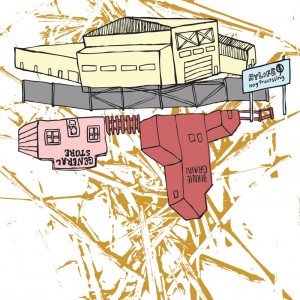 Magazine
MagazineLiving the HyLife
Over the past 40 years, increasing numbers of Prairie towns and villages are “dying” as people leave in droves to find work in the city. But aggressive recruitment campaigns by the hog industry are now re-populating and transforming the demographics of some of Manitoba’s smaller urban centres. What do these changes mean for these once-stereotypical Prairie towns and the growing populations of economic migrants who now call them home?
-
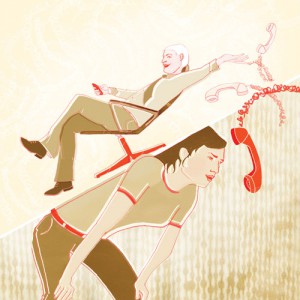 Magazine
MagazineMeeting austerity with creativity
In the face of drastic social service cutbacks, community organizers and volunteers are stepping up to fill the void. For the optimistic, this represents opportunity for building the capacity of communities to become more independent of the state. Others critique the impact this offloading has on longer term organizing for social change.
-
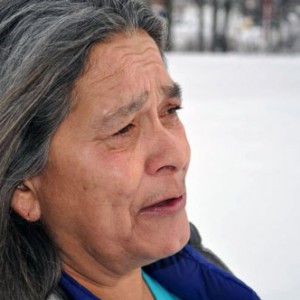 Magazine
MagazinePre-Occupied
After enduring 10 years of overpriced housing in booming Whitehorse, Yukon, Helen Hollywood pitched her tent on the front lawn of the territory’s legislature. Frustrated with antiquated, one-sided provisions of the Yukon Landlord and Tenant Act, she vowed not to leave until her concerns were addressed.
-
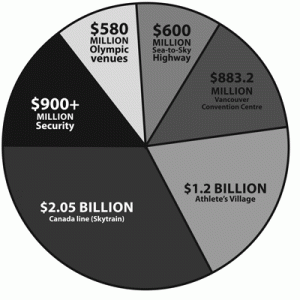 Magazine
MagazineBoosters’ millions
The latest estimate of the cost of the Olympics to be borne by the public is $6.1 billion. This figure includes the expansion of the Sea-to-Sky Highway, the construction of the Richmond-Airport-Vancouver rail link, the expansion of the Vancouver Convention Centre, the construction of an athletes’ village and various venues, and a ballooning security budget. The two-week sporting event is set to be the most expensive entertainment spectacle in B.C.‘s history.
-
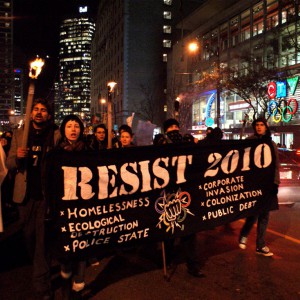 Magazine
MagazineClass-war games
On February 12, 2009, exactly one year before the opening of the 2010 Winter Olympics in Vancouver and Whistler, the grim future of political freedom in British Columbia was on full display. Military and police flanked by helicopters rehearsed manoeuvres in Vancouver, where escalating harassment, intimidation and surveillance of activists had already begun.
-
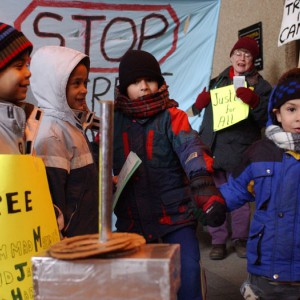 Magazine
MagazineBetween home and a hard place
Public outrage over the treatment of Canada’s “security certificate” detainees has receded with the seemingly good news that four of the five detainees are now living at home. But the reality of house arrest is almost worse, because it effectively extends the almost total loss of freedom the men endure to their wives, children and friends.
-
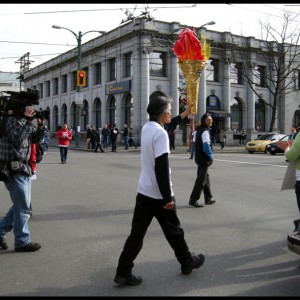 Magazine
MagazineOlympic profits
Christopher A. Shaw examines how the Olympic games and profits played into the poverty and homelessness of Vancouver’s Downtown Eastside.
-
 Magazine
MagazineLetter from the editor
Canadians’ debt levels have never been higher, and widespread indebtedness, in addition to serving as an effective vehicle for transferring more wealth to the wealthy, also acts as a powerful means of social control.
-
